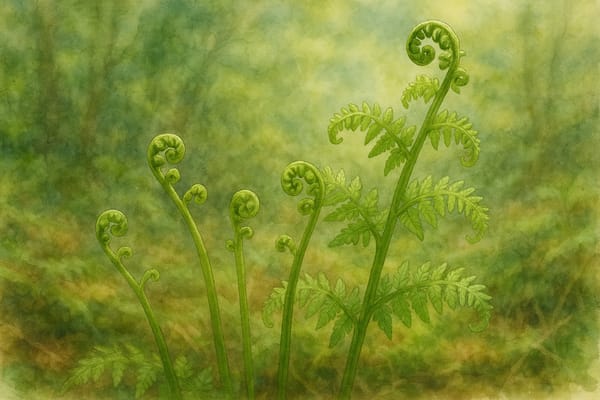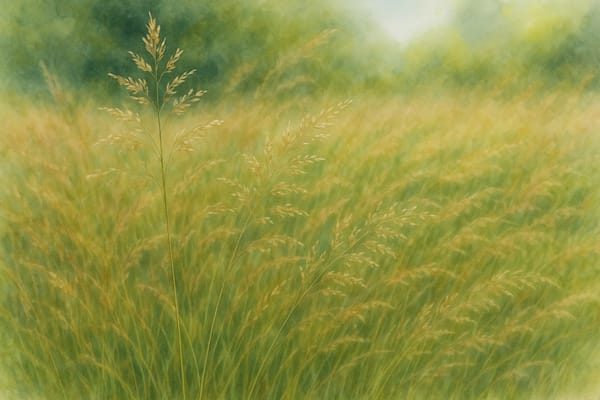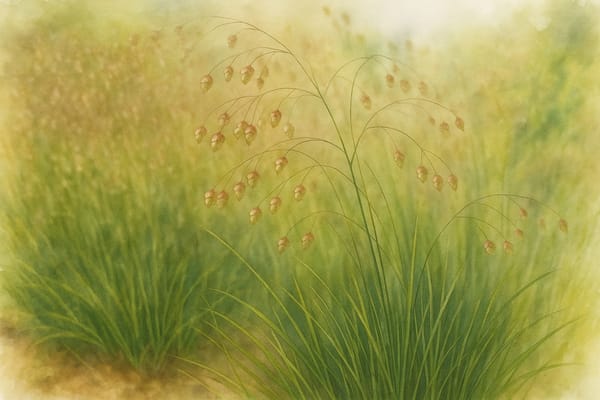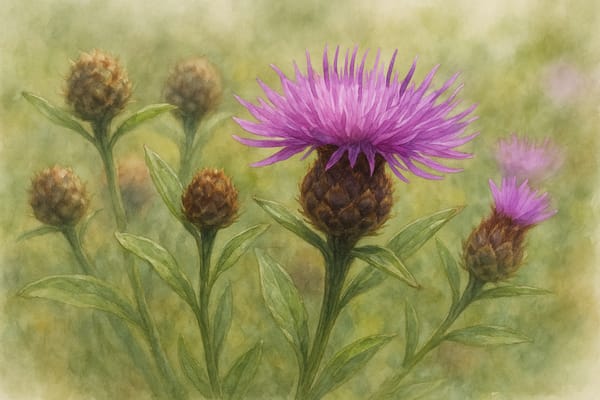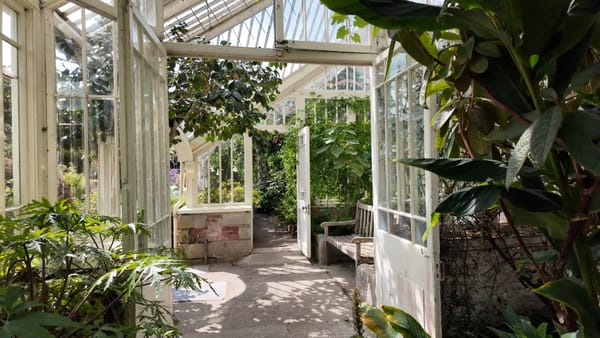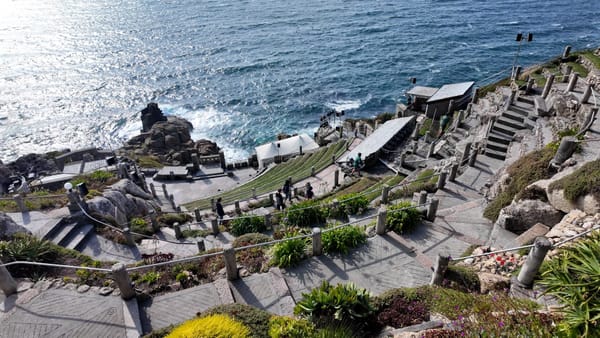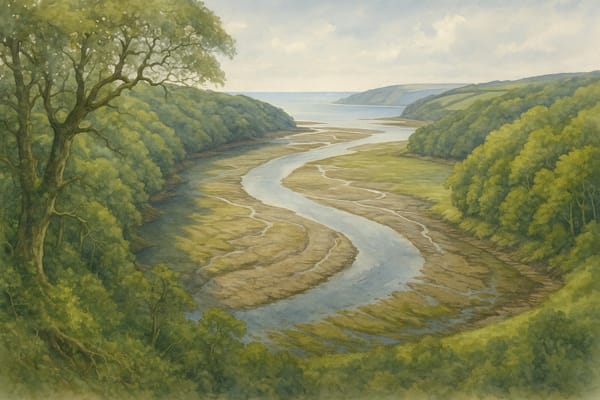A Plant of Ancient Use, Folklore, and Contested Heritage in Cornwall
Historical and Cultural Significance
Ancient Utility and Rural Life
Bracken, one of Britain’s oldest plants, was prized in Cornwall and the UK for its versatility—used as animal bedding, thatching, mulch, and even fuel. Its ashes served in soap making, tanning, and glass production.
In Cornish rural tradition, women often gathered bracken for bedding and thatch, while bracken burning became a common land management practice, particularly in the autumn months.
Folklore, Magic, and Symbolism
In Celtic and Cornish folklore, bracken was linked to protection, invisibility, and renewal. Its spores were thought to make a person invisible—a myth even echoed by Shakespeare. Bracken symbolised resilience and was believed to guard against evil, lightning, and witches.
Some legends viewed bracken as a mystical gateway to the fairy realm or underworld.
Conservation and Modern Views
While bracken supports wildlife and stabilises soils, its aggressive spread poses challenges for biodiversity and heritage sites. In Cornwall, management is essential—balancing its ecological role with the need to control its dominance.
Growing Bracken in Coastal Gardens
| Requirement | Details |
|---|
| Light | Partial shade; tolerates sun but not deep shade |
| Soil | Moist, well-drained; prefers slightly acidic soils |
| Water | Regular in dry spells; drought-tolerant once established |
| Shelter | Tolerates coastal exposure but thrives in sheltered spots |
Care and Cultivation Tips
- Site Selection: Choose filtered sunlight with good drainage. Avoid waterlogged areas.
- Watering: Moderate watering until established.
- Containment: Use root barriers or large containers to manage its spread.
- Pruning: Cut back old fronds in late winter or early spring.
- Control: For invasiveness, cut or crush young fronds in summer to reduce spread.
- Wildlife Value: Offers shelter but is toxic to livestock and pets.
- Mulching: Dried fronds make excellent mulch when composted.
Coastal Garden Notes
Bracken suits wild or naturalistic gardens where its spread is managed. It helps stabilise slopes and provides cover for wildlife in coastal settings but needs active control to avoid dominance.
Summary
Bracken is woven into Cornwall’s rural heritage—valued for its utility, steeped in folklore, and emblematic of resilience. In coastal gardens, it thrives in moist, well-drained soils with light shade. However, careful containment is vital to balance its ecological benefits with its invasive nature.


